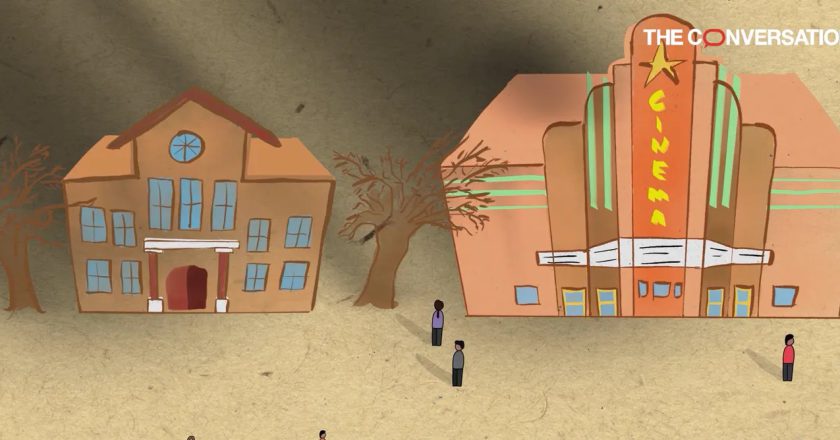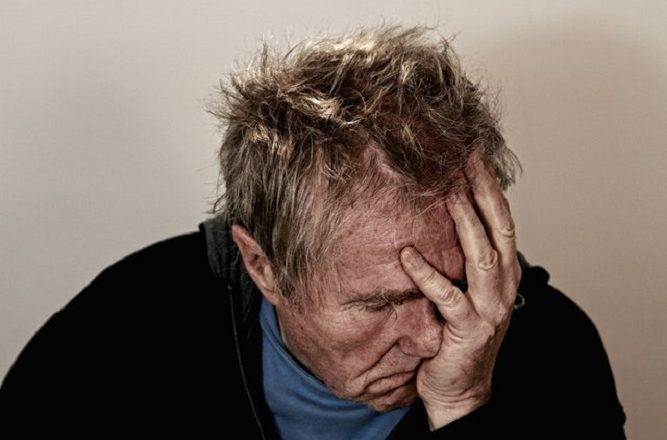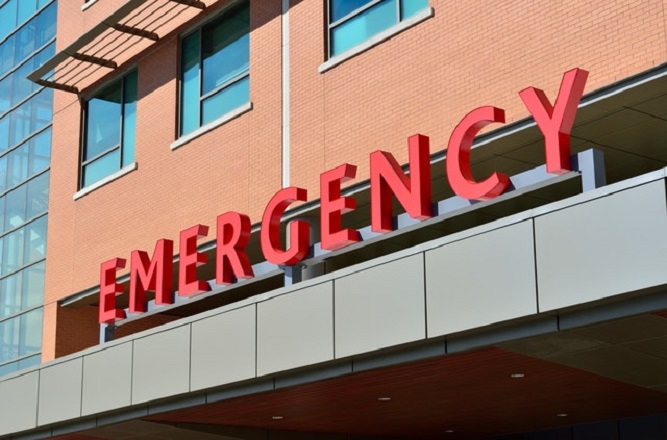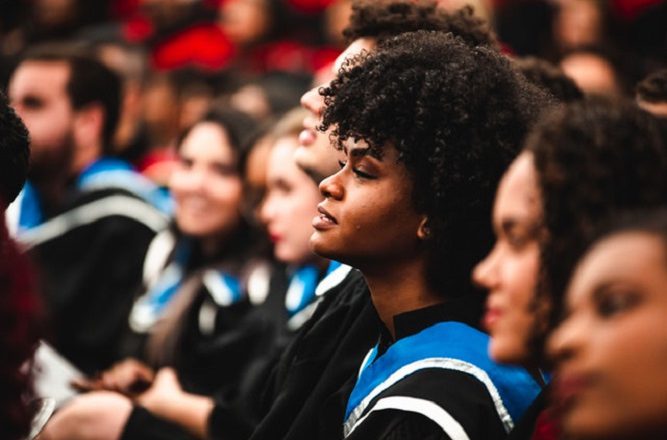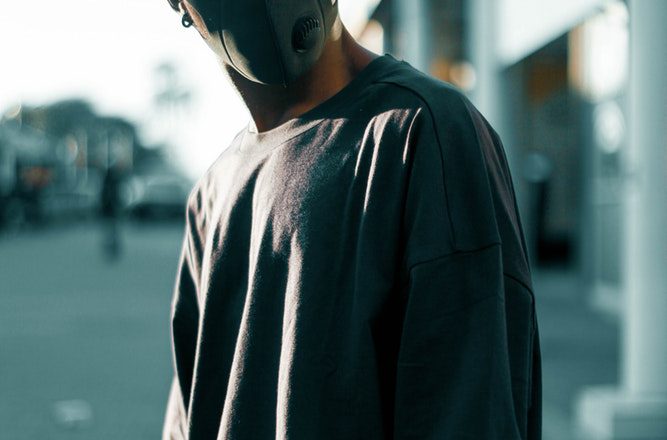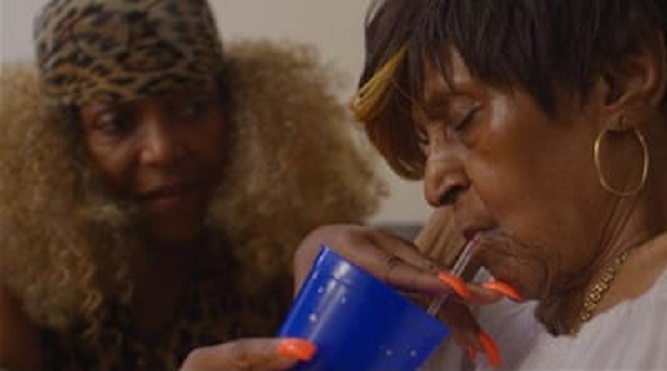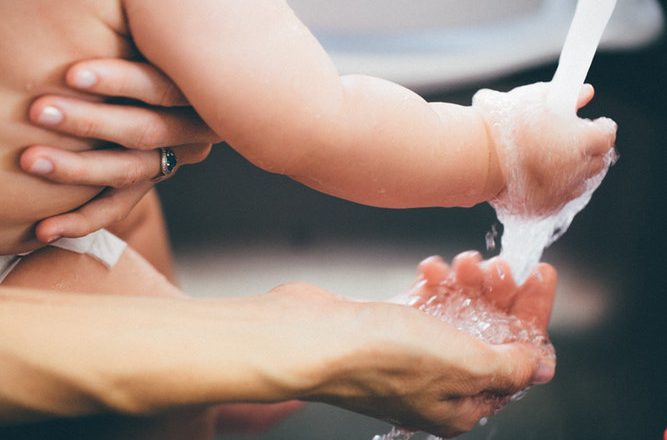Video: Why social distancing is one of the best tools we have to fight the coronavirus
Social distancing is a tool public health officials recommend to slow the spread of a disease that is being passed from person to person.
Social distancing is a tool public health officials recommend to slow the spread of a disease that is being passed from person to person.
The Conversation US, CC BY
This video is based on an article written by Thomas Perls, professor of Medicine at Boston University.
Simply put, it means that people stay far enough away from each other so that the coronavirus – or any pathogen – cannot spread from one person to another. It helps us reduce the rate of new infections, so that new cases are spread over time and the medical care system does not get overwhelmed.
Watch the video to find out more about what social distancing is, and why it’s one of the best ...
